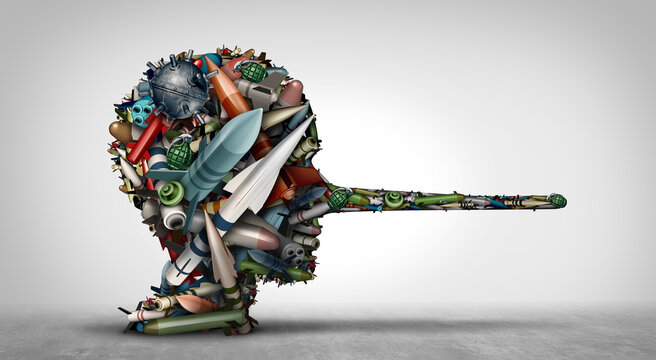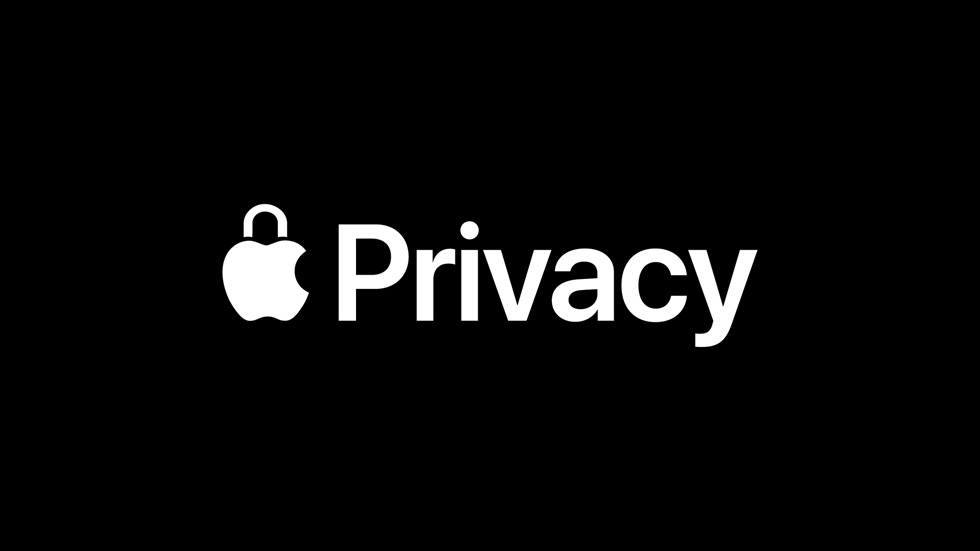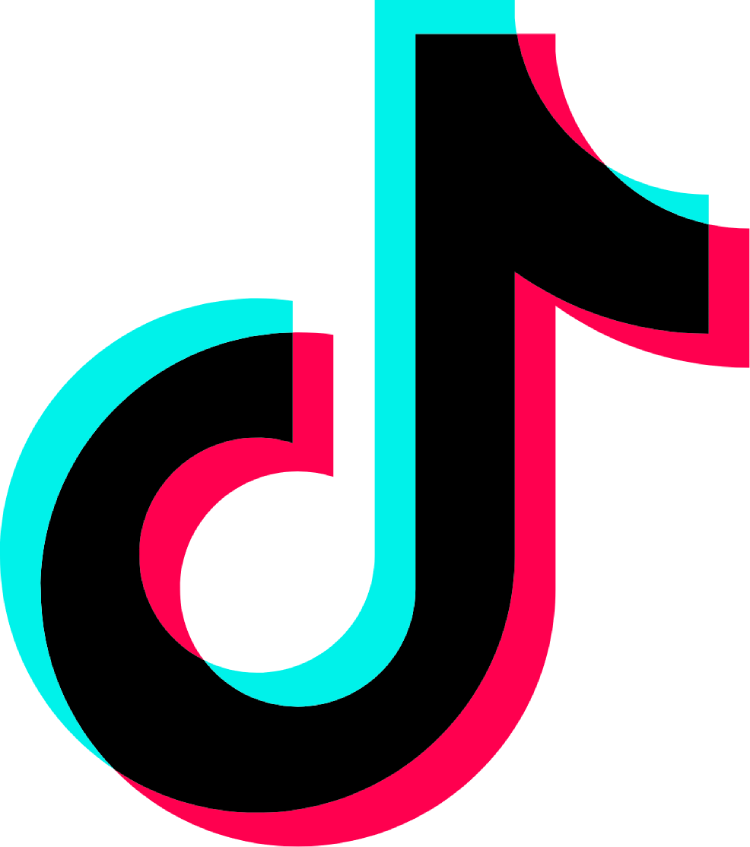IS TECHNOLOGY HEALTHY?
The growth of technology has been very steady and beneficial over the years. It has allowed us to communicate in more ways than one, and in a more time efficient way also. I pose the question "is technology healthy?" because it can be controversial. For some, it is possible that it is used in an appropriate manner. By this I mean, not spending too much time on social media or watching streaming platforms. But it is also possible that there are people that are consumed by these things as well. This post is going to aim to discuss the possibility of both sides of this argument by exploring different platforms, experiences, and individuals.Social Media
I want to begin with social media, and how it has been both a blessing and a curse. The introduction of facebook and instagram gave society the opportunity to connect with anyone/everyone from all over back in 2004. It has the ability to post updates and also direct message your friends/followers. The benefit of this has been the opportunity to stay in touch. I can give a personal example for reference, my older relatives that I am "friends" with on Facebook are able to see what I am up to and any big changes I am able to publish. As society becomes more media-oriented, these type of platforms have been huge in many different aspects. For example, back during the pandemic when we were all told to stay at home, the media became such a big way to be informed on updates and changes. To prove this, I did some research and found that TikTok users grew by 30.1% within less than a year since the pandemic began. Now we can question what these platforms actually aim to do, but for the most part it is obvious that there were major communication benefits that were gained.
Social media has also been very detrimental to society in areas such as mental health, and overall well-being. While there have been great things to come from all of the platforms such as Facebook, Instagram, TikTok, and Snapchat, they've also been proven to be dangerous to the teenage demographic. It has been stated that social media is meant to be "addictive." The Western Missouri Medical Center dives into the issues with mental health and social media and the addictiveness. It's apparent that users get a "shot of dopamine" when they get a snap back or a like on Instagram, causing them to keep doing it. As a twenty-one year old, I can confidently admit that this was not something I knew... but can totally see being true. We get this sense of attention and approval through putting out images and getting good feedback from it. Not only is that a total nightmare realization but also makes us wonder if this is so apparent, why is it so normalized in society.
Another issue with this is the impact on younger teenagers. These platforms promote the "ideal" look, but that look is actually a photo embedded with a filter or edit to make it fit that image. The problem with this is that many young girls are killing themselves over living up to these standards that aren't real or realistic. Another issue to note is that there is an aspect of most platforms that allows individuals to comment on the content. Now this can be a positive aspect when people are sending positive messages, but there are many people not receiving that type of feedback. There is also the concept of cyberbullying which can be very hurtful to one's mental health, in fact there is a large link between cyberbullying and suicide.
The issues of social media can often outweigh the benefits which is why we as a society need to be doing a better job at using the platforms for what they were made for.
Friends & Family
The introduction of new technology has allowed for a lot of improvements in communication between friends and family. As discussed above, social media platforms have allowed us to keep our friends/followers updated. I can speak from personal experience, my mom loves to have the ability to see what I post and what I'm up to. But something that a lot of people breeze over is the technology that allows us to talk on the phone, and I specifically mean FaceTime.
This technology has made it easier on many family members to not only catch up but to get to see their face as well. Distance from friends, family, or even significant other can be difficult but this addition has been very helpful. Some people feel that having the ability to communicate this way when being at a distance has made their relationships much more fulfilling. The crazy part about this is that this communication app can be the sole foundation for long-distance relationships. I can attest to my love for this form of call because it allows face-to-face conversations happen no matter where you are.
I think my friends and family have positive impacts from technology for the most part. We've all fell victim to the "doom scroll" but as far as I can tell we're primarily working to use these new technologies for the better. What is really interesting is as time goes on, the technology will improve further. I cannot imagine the type of improvements are in the works as we speak. As I get older I think about how crazy these changes may be for the older generations, and how soon we will feel a similar way. To conclude, I think technology is healthy, when used properly. We should look at it from a perspective of wanting to only do good.




























